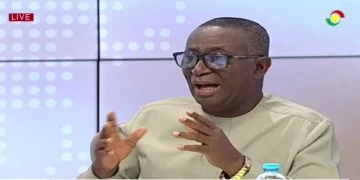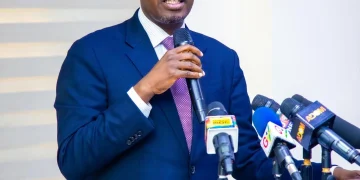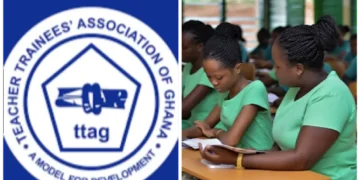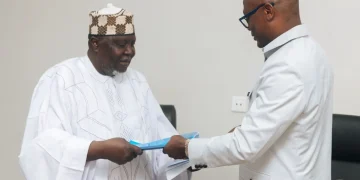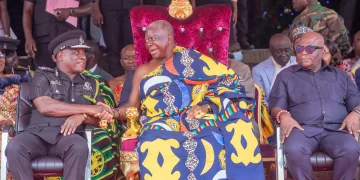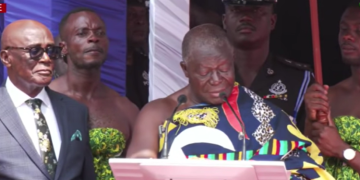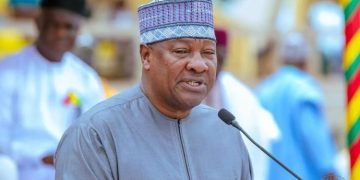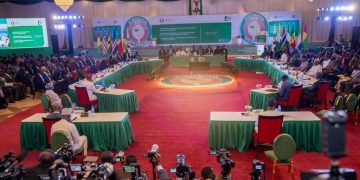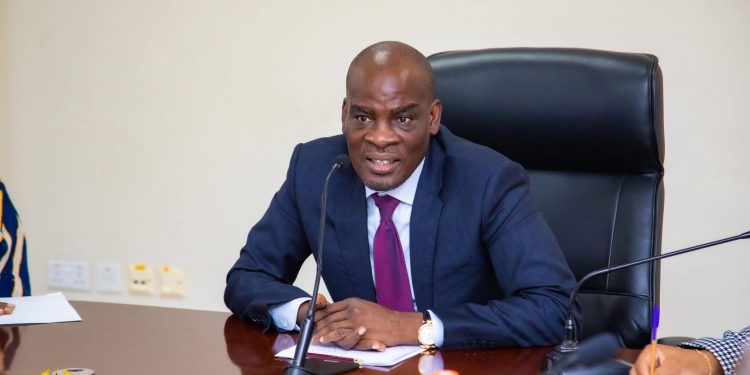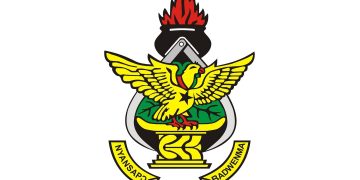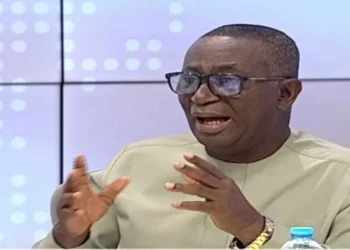The 2026 national budget has reaffirmed government’s strong commitment to boosting Ghana’s education sector, detailing an extensive list of ambitious projects and funding interventions aimed at improving access, infrastructure, and quality from the basic to tertiary level.
The Ministry of Education receives the spotlight this year with an unprecedented allocation of GH¢33.3 billion to drive a series of transformative programmes under the fiscal year.
Education experts say the heavy investment signals government’s intent to sustain free education, expand infrastructure, and close learning gaps triggered by the double-track system.
Below are the key 21 education initiatives captured in the 2026 Budget:
Expanding Access and Improving Infrastructure
1. Massive Allocation to Education Sector: GH¢33.3 billion has been set aside for the Ministry of Education to undertake all planned activities in 2026.
2. Boost for GETFund: GH¢9.9 billion has been allocated to the Ghana Education Trust Fund (GETFund) to continue key projects in educational infrastructure development.
3. Free Secondary Education: GH¢4.2 billion has been earmarked to sustain and enhance the Free Senior High School (SHS) Policy.
4. Ending the Double-Track System: To eliminate the double-track arrangement and enhance the quality of secondary education, GH¢1.1 billion has been allocated under the Ghana Secondary Learning Improvement Programme (GSLIP).
5. Expanded School Construction: GH¢2.0 billion has been assigned for building 200 new Junior High Schools, 200 primary schools, 200 kindergartens, 400 teachers’ bungalows, and 400 sanitary facilities in underserved communities.
6. Teaching and Learning Materials: A total of GH¢3.0 billion will fund the supply of learning resources—sets of textbooks for learners from kindergarten to JHS, over two million metal mono-desks and chairs, as well as 200 buses and 200 pick-ups for distribution across the country.Supporting Students and Teachers
7. Free Tertiary Education for Persons with Disabilities: The government has allocated GH¢25 million to expand access to higher education for persons with disabilities.
8. No-Fee-Stress Policy: GH¢537 million will sustain the policy that removes administrative barriers to enrollment, ensuring continuous access to basic education.
9. Teacher Trainee Allowances: GH¢207 million has been budgeted to support teacher trainees across all colleges of education.
10. BECE Registration: GH¢169 million has been allocated to cover registration fees for candidates.
11. Free Sanitary Pads for Girls: GH¢292 million will provide sanitary pads to female students to improve menstrual health and school attendance.
12. School Feeding Programme: With GH¢1.98 billion set aside, government aims to improve nutrition for pupils and sustain the Ghana School Feeding Programme nationwide.
13. Capitation Grant: GH¢157 million has been allocated to strengthen school management and promote better learning outcomes.Policy Directions and Upgrades
14. Promoting Local Procurement: Schools, from basic to secondary level, have been directed to source rice, maize, chicken, and eggs exclusively from Ghanaian producers to boost the local economy.
15. Upgrading Schools: Ten Category B schools will be upgraded to Category A status, with new dormitories, classrooms, ICT and science laboratories, and libraries.
16. Improving Category C Schools: Thirty Category C schools are being upgraded to Category B level, each receiving comprehensive infrastructure, resource centers, digital learning spaces, and improved sanitation facilities.
17. Completion of Abandoned E-Blocks: Government plans to complete 30 of the uncompleted community day senior high schools (E-Blocks) to expand enrollment in urban and peri-urban areas.Advancing Tertiary Education
18. Science and Technology University for Damango: A secured $60 million facility will fund the construction of the new university at Damango in the Savannah Region.
19. University of Engineering and Agricultural Sciences: The new tertiary institution at Bunso will open in 2026 as part of efforts to enhance STEM and agricultural education.
20. Technical University Expansion: The government will complete new technical universities in Jasikan and Techiman.
21. New Public Universities: Plans are underway for the establishment of two new public universities in Kintampo and Dambai to decentralize higher education opportunities across the regions.

